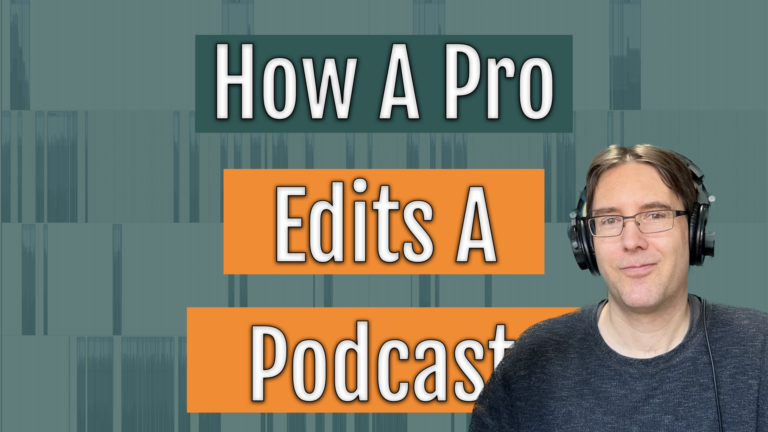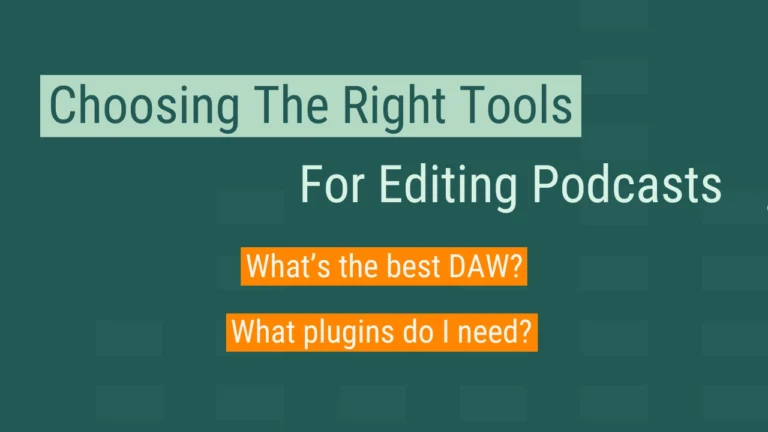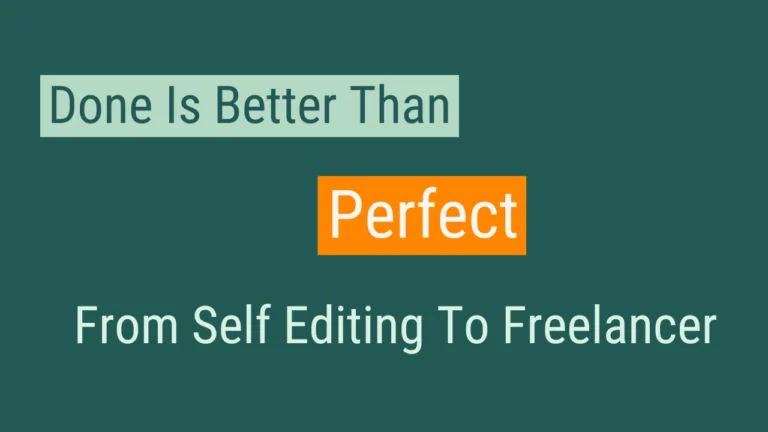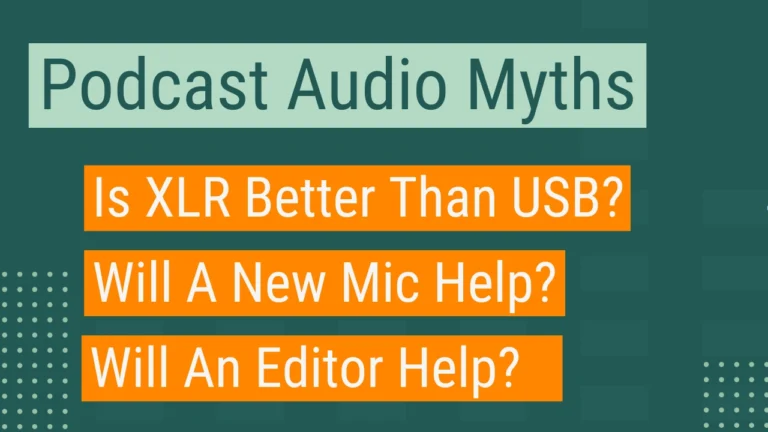As I wrap up another year in podcast editing, I wanted to share my key insights from 2024. These observations come from hands-on experience and reflect the evolving landscape of our industry. Let’s take a look at what I’ve learned and how it might shape our approach moving forward.
1. Less Is More: The Power of Minimalism
My journey in audio processing has taken an interesting turn. Coming from a music production background, I initially approached podcast editing with a maximalist mindset, especially on the master bus. At one point, my chain included:
- Two compressors (one wasn’t even compressing!)
- A Tape emulation
- Vitalizer
- Limiter
- Loudness meter
Over time, I’ve stripped this down to the essentials: one compressor (used only when needed), a limiter, and a loudness meter. The result? The episodes sound just as good, render faster, and the workflow is more efficient.
2. The RX Editor Isn’t Essential Anymore
For years, iZotope RX was my go-to for audio cleanup. However, since summer 2023, I’ve completely transformed my workflow. Modern tools like Supertone Clear and dxRevive Pro have revolutionized how I handle noise and reverb reduction. The only RX module I still use is Mouth De-Click as a plugin, simply because nothing else handles mouth noise quite as effectively.
This shift has allowed me to standardize my cleanup process, making it more efficient and predictable. If clients need additional cleanup beyond my standard process, they can opt to pay more for RX treatment – though interestingly, none have felt it necessary so far.
3. Good Enough Is Actually Good Enough
Here’s a truth many editors struggle to accept: listeners care far less about audio perfection than we do. When I switched from manual EQ and compression to Sonible’s smart:EQ and smart:Comp, guess how many clients noticed? Zero.
A recent example perfectly illustrates this point: In a Facebook poll, nearly 25% of the participating editors said they’d spend time reconstructing mispronounced words using syllables from elsewhere in the recording. This is, frankly, an unnecessary use of time. Listeners understand that people mispronounce words occasionally – it’s human.
4. The Market Is Shifting Dramatically
2024 brought significant changes to the podcast editing landscape:
- More podcasters are handling their own editing
- Competition has increased substantially
- Global marketplaces are pushing prices down
- AI tools are becoming more sophisticated
Despite the 2024 Podcast Editors Academy survey claims that $200 per episode is the average rate, that isn’t representative of the current market. Many editors commanding premium rates established themselves before the podcasting boom and current market saturation. Those editors are likely in the top 10% of the profession. The typical editor isn’t charging $200 per episode and the typical podcaster isn’t paying $200 per episode.
5. Video Is the New Standard
The podcast industry is increasingly embracing video, and not just because of YouTube’s influence. AI and text-based editors have made video podcasting more accessible and affordable. While audio podcasts aren’t dead, video is becoming the preferred format for many creators and podcast consumers.
The benefits are clear:
- Better audience interaction features
- Improved discoverability through YouTube’s algorithm
- Enhanced marketing opportunities
- Greater potential for audience growth
Looking Ahead to 2025
The podcast editing landscape continues to evolve rapidly. The days of making a living solely from audio editing may be behind us. Clients increasingly seek generalists who can handle multiple aspects of podcast production, which explains why podcast managers have found success where traditional audio-only podcast editors are now trying to adapt.
For my part, 2025 will mark a shift away from client production work as our primary offering. The industry is changing, and we must evolve with it. Success in tomorrow’s podcast editing world will likely depend on our ability to diversify our skills and adapt to new technologies while maintaining efficiency in our core editing work.
Remember: The key to longevity in this industry isn’t perfection – it’s adaptation and efficiency.
*Disclosure: Some of the links in this post are “affiliate links.” This means if you click on the link and purchase the item, I will receive an affiliate commission.






